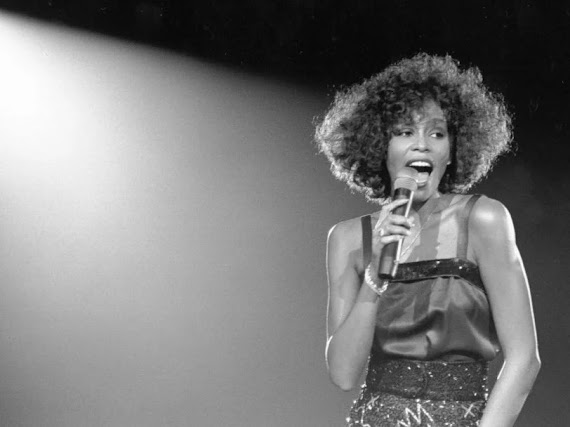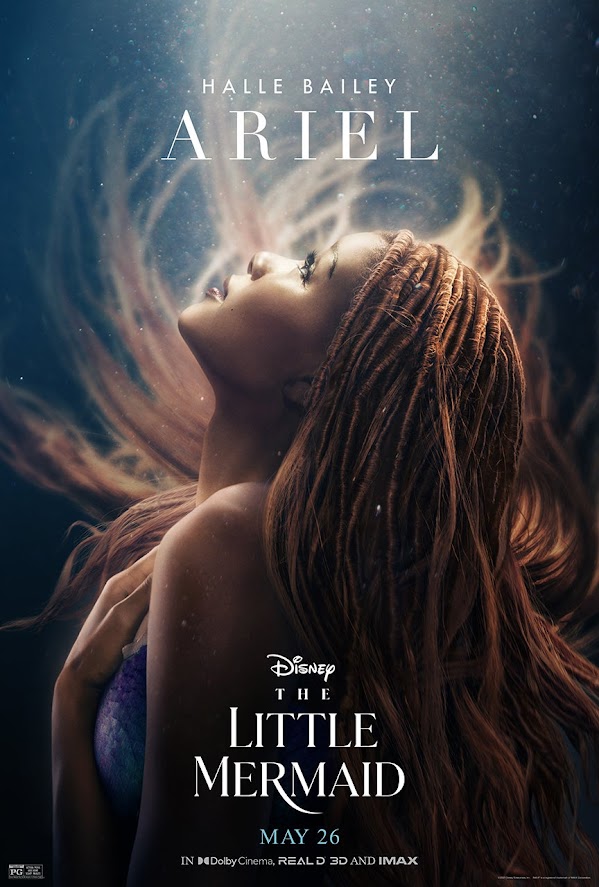ARE SINGERS BECOMING EXTINCT?
Photo Credit: David Corio/Getty Images
Entertainment is culture. Music and performances represent the times to which they pertain, and even echo emblematic moments in historical periods. Therefore, the role of the artist is indispensable in society. They must determine how they fit in this ever moving picture, and see how they can contribute. However, due to the marriage of social media and media consumption, artists are now catering to the unforgiving algorithm instead of their creativity. This reality has brought a lot of questions in regards to the future of music, and especially the future of singers. A recurring question online lately is whether or not singers are becoming extinct. Let's look for an answer.
The commodification of the artist is a tale as old as time, but it keeps changing its format. The hegemonic influence of the internet has erased what used to be a very big obstacle in the way of artists: access to broad audiences. Singers used to depend heavily on record labels. Therefore, they had to work extensively on their craft in order to get access to auditions that would, potentially, afford them the possibility to sign a contract that would propel them to stardom. Times have changed, and this is no longer a specific requirement or option. The internet has given an immense platform to artists to pursue and display their talent in front of millions of viewers almost instantly, from the comfort of their homes if they please. In consequence, labels now find it more risky to invest in a new face with no existing following and look for artists with a defined look and sound. This factor paired with the rise of streaming services, has had an impact on the way singers approach the craft and, inevitably, the experience of music.
I remember very vividly watching a Whitney Houston interview a long time ago. In it she was asked a generic but significant question: “What kinda music do you listen to?”. She proceeded to mention two of the most amazing voices that have graced the music industry: Anita Baker and Luther Vandross. Then she said something that has stayed with me for years:
“I listen to singers. I very rarely listen to people who cannot sing. I guess maybe it is because I am a singer myself, and I can truly identify”
The truth is, singers must listen to other singers to develop a passion for the craft and aspire. Whitney Houston comes from a generation of singers that grew up in church. Singers that trained the musical ear by listening and singing Gospel, a genre that demands very specific vocal ranges that can only be achieved through extended hours of practice. That was a generation of singers that had to build their confidence and craft from front to back before stepping onto the bigger stages.
Highly recommended to watch this video by Milik Kashad titled: Why The New Girls Can't Sing || A Video Essay. It extends on this topic.
In comparison to the powerhouse voices of the late 80’s and 90’s, the artists that have been at the forefront of the industry in the last ten years alone, possess more mellow tones and rely on aesthetics more than vocal versatility. As a result, the generations of singers that follow them reinforce this way of singing, leaving some to question what happened to singers? Have they become extinct? The simple answer is no.
The music landscape has, undeniably, changed over the years, and it will continue to evolve in the future. We now live in a fast-paced society that consumes entertainment even more ferociously than before, and forgets about it at the same pace. As a result, the music industry across the globe looks, and feels more attainable for artists, but more detached than ever before for the audience. The way music is experienced has migrated away from radio - even though it’s still a powerful platform- towards Tik Tok and other platforms that can offer a simultaneous experience of entertainment and musical company. It's also important to keep in mind the fluctuating nature of genre relevance. In the 80s/90s, R&B ballads composed the majority of the voices in the industry. Nowadays, genres like Afrobeat, Pop, or Raggaeton are in high demand. That does not mean that singers are extinct. Many contemporary artists, such as Coco Jones, Jazmine Sullivan, Candice Boyd, or Faouzia, amongst others, are singers able to convey emotion and range with mastery. Whether we get more coverage for these types of artists is up to the masses' fluctuating taste. Shall we only blame the artist for this symbiotic process? The way music is consumed plays the biggest role in this dynamic, so shouldn't we question our habits as an audience? As an audience, we are consuming music as an afterthought, and that is worrisome. Listening to bodies of work like CDs or vinyl has now become a process not many want to engage in when they can shuffle the latest tracks on any streaming platform. This is an undeniable truth, but what can we do from the receiving end? It all comes down to balance.
As the audience, it's quite odd to think about music as a business, but it is in fact an enterprise that makes a very significant amount of money every year, and acknowledging it puts this matter into perspective. Keep in mind the algorithm does not control you, it works for you. Engaging with trends that are accompanied by certain songs sends a determining message to the industry: this is what we want to listen to right now. This is the sound that must predominate. Supply and demand, simple as that. So the next time you are scrolling through social media, think about what YOU want to listen to instead of what you are being fed. Because the singers are out there, you just have to make some room for them.
*Make sure to share this article with someone that loves old school singers. XOXO!*



Comments
Post a Comment